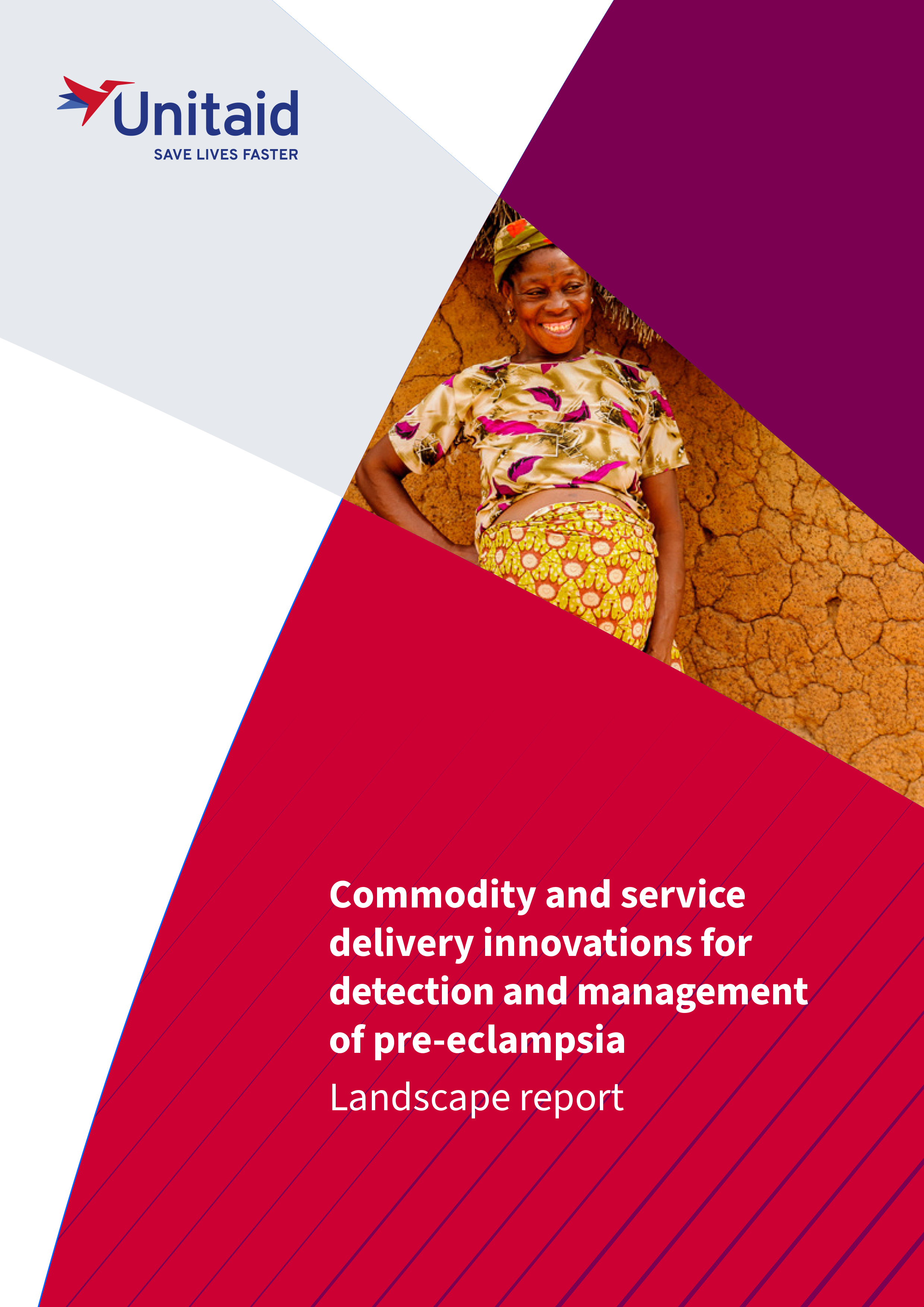In a forward published in Unitaid’s “Landscape report on commodity and service delivery innovations for detection and management of pre-eclampsia,” the Minister of Health of Sierra Leone highlights the need for access to high-quality health innovations to support low- and middle-income countries’ efforts to make pregnancy and childbirth safer for mothers and babies. Pre-eclampsia is a major driver of maternal death, which takes the lives of 800 women every day – nearly all of them in resource-limited settings. The Unitaid report highlights the innovations with the potential to identify and manage pre-eclampsia risk, alongside recent evidence for improving existing prevention and management tools.
The words of Dr. Austin H. Demby, Minister of Health, Sierra Leone, have been reproduced in full below.
The global community continues to drive progress and innovation in the area of maternal and newborn health. Yet far too many mothers are dying from conditions that are both preventable and treatable. Pre-eclampsia is the second leading cause of maternal mortality in Sierra Leone and one of those conditions that cause us to lose far too many mothers and imperil far too many babies. In Sierra Leone, we are working to prevent mortality from various causes, and we continue to improve how we tackle pre-eclampsia as a major cause of morbidity and mortality. Specifically, we are building the capacity of our health professionals through pre-service and in-service training of staff; establishing high dependency units (HDUs) in hospitals for the optimal management of severe cases; and increasing antenatal attendance (now at 87%) and quality so that women with pre-eclampsia are identified early and the appropriate care is provided. But all these approaches require access to high-quality products. As we work to reduce our maternal mortality ratio from 443 per 100,000 live births to 70 per 100,000 live births, the acknowledged Sustainable Development Goal (SDG), we need partnership with the global community to ensure that every mother has adequate antenatal care and delivers with a skilled birth attendant. This document helps drive that partnership.
This landscape analysis of tools and solutions to address pre-eclampsia is critical for partners like us in Sierra Leone and other low- and middle-income countries. It helps us identify the highest priority interventions that should be available in every health center and hospital, and in the hands of every midwife and doctor, and the processes for ensuring that there is reliable access to those products. Unitaid’s work to prepare this landscape analysis and act upon its contents will help solve problems in countries with limited resources, where difficult health system decisions must be made. We need to ensure that every woman is identified early in pregnancy if she has an increased risk of pre-eclampsia. We need to measure blood pressure at each antenatal visit and provide interventions like low-dose aspirin and low-dose calcium to mothers at high risk. We need to track women carefully during pregnancy and provide them with specialized care around the time of birth to ensure that pre-eclampsia is appropriately treated with magnesium sulfate, antihypertensives, and attended delivery.
I know that many other countries are facing the same foe and fighting the same fight. Having a document like this supports various country Ministries of Health efforts to prioritize action and achieve results. As in many areas of maternal and newborn health, we know the solutions, and we need to direct our effort to the work of implementing those solutions. As we work to achieve the targets of the Every Woman / Every Newborn – Everywhere action plan, and accelerate progress towards those targets, this document helps us to hold ourselves and our partners accountable. I congratulate Unitaid on the production of this document and call on maternal and newborn health advocates around the world to consider these interventions as we work together to produce a safer, healthier and happier environment for our mothers and newborns.
Dr. Austin H. Demby
Minister of Health
Republic of Sierra Leone

Pre-eclampsia is a major driver of maternal death, which takes the lives of 800 women every day – nearly all of them in resource-limited settings. The Unitaid report highlights the innovations with the potential to identify and manage pre-eclampsia risk, alongside recent evidence for improving existing prevention and management tools.
Download